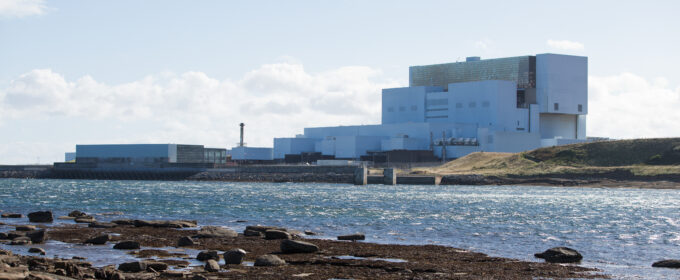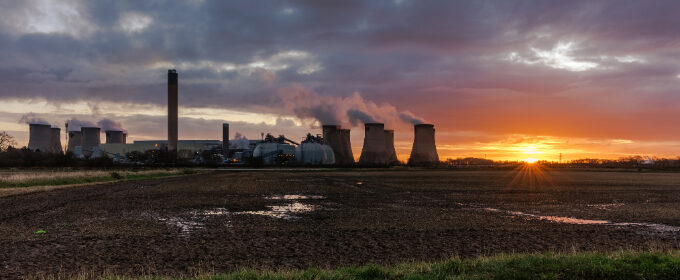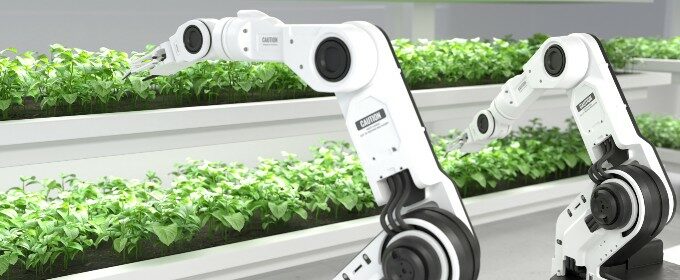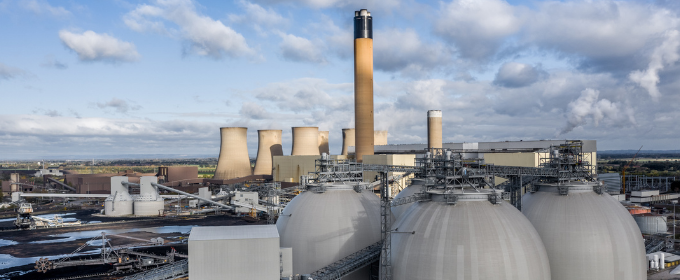Emissions related to domestic water use contribute 5-6% of total UK greenhouse gas emissions. Reducing emissions from domestic water use is necessary for the UK to meet its ambitious target of achieving net zero emissions by 2050. However, current policy instruments to reduce water-related emissions remain limited in scope. In this blog, Dr Claire Hoololan […]









